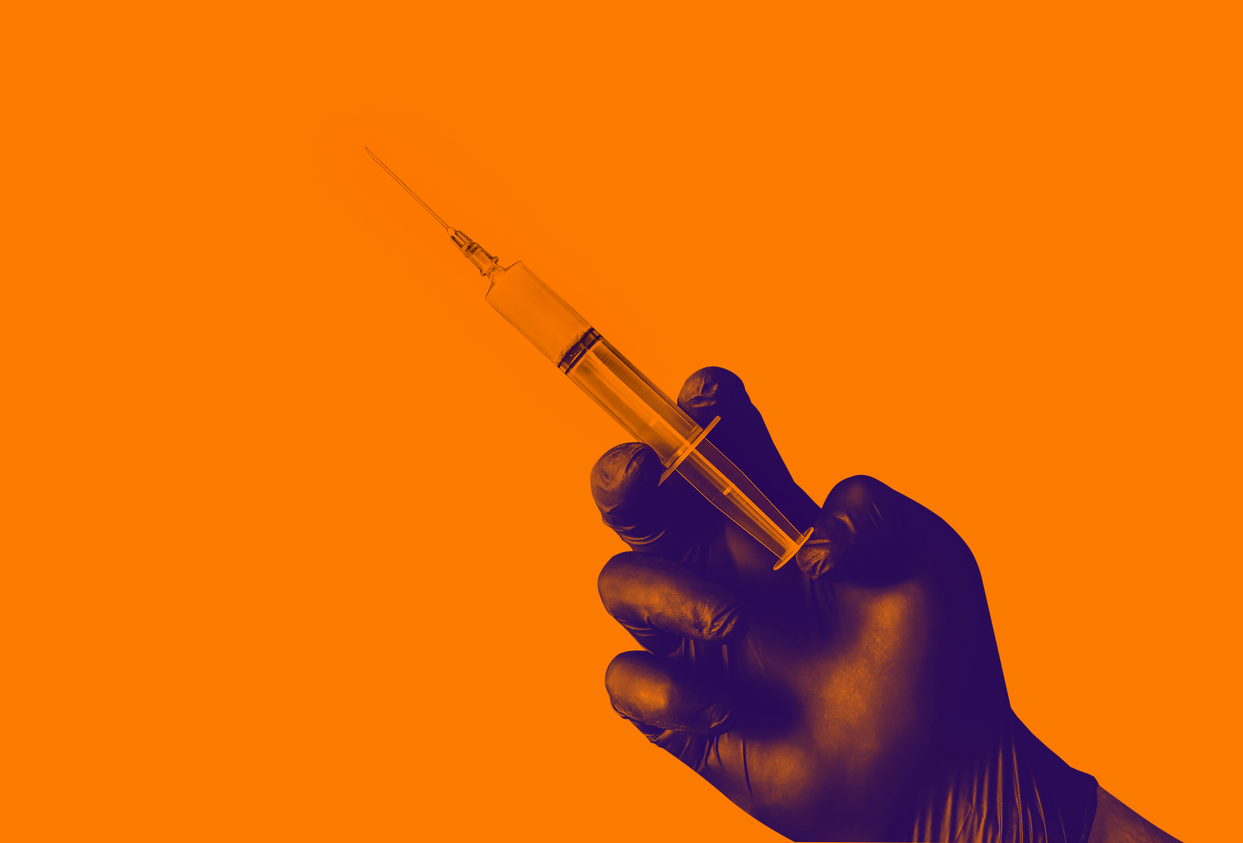2024-03-27
Nephroprotection in diabetic kidney disease
Urology-nephrology
Aggressive, early treatment of diabetic kidney disease can not only slow disease progression, but also stabilize or even reverse the decline in renal function. Standard treatment of diabetic kidney disease is currently based on blocking the renin-angiotensin system with converting enzyme inhibitors or angiotensin II receptor antagonists. These monotherapy treatments prevent or slow the progression of renal disease, but do not stabilize or reverse the decline in renal function, unless initiated very early. The addition of a sodium-glucose-2 cotransporter inhibitor and/or a mineralocorticoid receptor blocker may further slow the decline in renal function. Similarly, the use of glucagon-like peptide-1 (GLP-1) agonists has shown promise in slowing the progression of renal disease. Other drugs of interest include dipeptidyl peptidase-4 inhibitors, pentoxifylline, statins and vasodilator beta-blockers.

Last press reviews
IAVI G004 trial: overview of a next generation HIV vaccine

By Carolina Lima | Published on February 5, 2026 | 3 min read
Liver, sugar, and pills: who's in control?

By Ana Espino | Published on February 4, 2026 | 3 min read<br>
Endometrial cancer: Is PARP bringing new hope?

By Ana Espino | Published on February 3, 2026 | 3 min read<br>